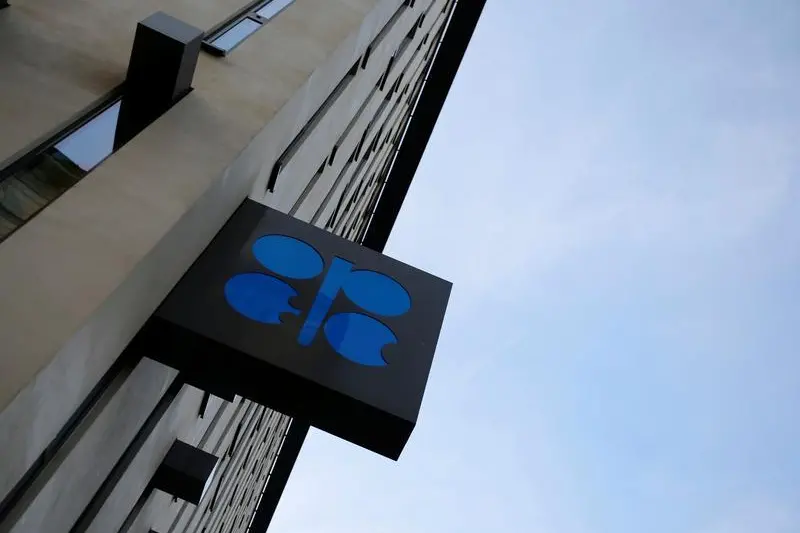PHOTO
The oil cartel OPEC (Organisation of the Petroleum Exporting Countries) is under constant pressure from new developments in fracking and new discoveries outside of the MENA region as well as a bevy of government policies aggressively discouraging fossil fuels.
While analysts are questioning the sustenance of the cartel going forward, Arab Strategy Forum with geo-political forecasting entity, Good Judgement, took a deep dive into the topic identifying the scope, drivers and risks associated with OPEC in the next decade.
'Ninety percent of Superforecasters think OPEC will be supplying more than a third of global crude supply a decade from now, though possibly earning significantly less from that production," the report said.
Good Judgement utilised Superforecasters to generate accurate forecasts. Superforecasters are a diverse lot with professions ranging from finance to intelligence.
In the light of many challenges ahead, experts are questioning whether OPEC will be able to maintain its internal structure in the next decade. "The base rate shows that OPEC has adapted to multiple challenges in past decades including wars, revolutions, global recessions, membership changes and internal disagreements," the report said, adding, "Given this resilience, OPEC should be able to survive in a decarbonising world, but new and innovative adaptations should be expected along the way."
According to Superforecasters, even if OPEC maintained a high level of market share, it could be a share in a shrinking market if Western nations continue to subsidise non-carbon alternative energy sources and related technologies, such as increasingly efficient batteries.
Lower global oil prices from decreasing Western demand or increased global supply should not impact OPEC market share, even if it impacts price; Iran, Iraq and Saudi Arabia have production costs that are less than half of the rest of the world and so would be among the last producers to leave the market.
Many Superforecasters think it is more likely that growing middle classes in China and India will drive continued demand for OPEC oil, more than making up for any decreased demand from the West.
Drivers
OPEC is as powerful and as relevant as ever, according to the report. The organisation has successfully stabilised oil prices since 2009 and proved more effective than fragmented shale producers. There is also the possibility of new members joining OEPC, for example Brazil and Russia.
Top drivers identified by the study are:
- Normalising relations between Iran and Saudi Arabia as well as other ex-OPEC members who may want to rejoin the cartel, could increase the chances of OPEC maintaining the status quo.
- OPEC countries have the largest oil reserves and have the means to produce crude oil more cheaply than other suppliers. If decarbonisation becomes the norm, then their share should increase as other suppliers drop out.
- OPEC is market share driven and, as lowest cost suppliers, can keep market share at will. The Aramco IPO also means they will not want this domination to end so they can keep valuation high.
Risks
The risks identified by Superforecasters are:
- Major geopolitical events in OPEC producing countries
- Major producing countries may leave the organisation
- Reserve capabilities might be proven wrong
- Movement to green sustainable fuels and economics could accelerate, perhaps strongly incentivised by government requirements to pursue non-petrochemical alternatives in far more instances.
(Writing by Seban Scaria; editing by Anoop Menon)
Our Standards: The Thomson Reuters Trust Principles
Disclaimer: This article is provided for informational purposes only. The content does not provide tax, legal or investment advice or opinion regarding the suitability, value or profitability of any particular security, portfolio or investment strategy. Read our full disclaimer policy here.
© ZAWYA 2019




















